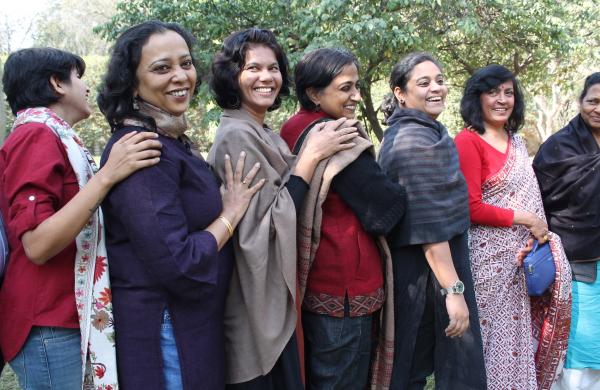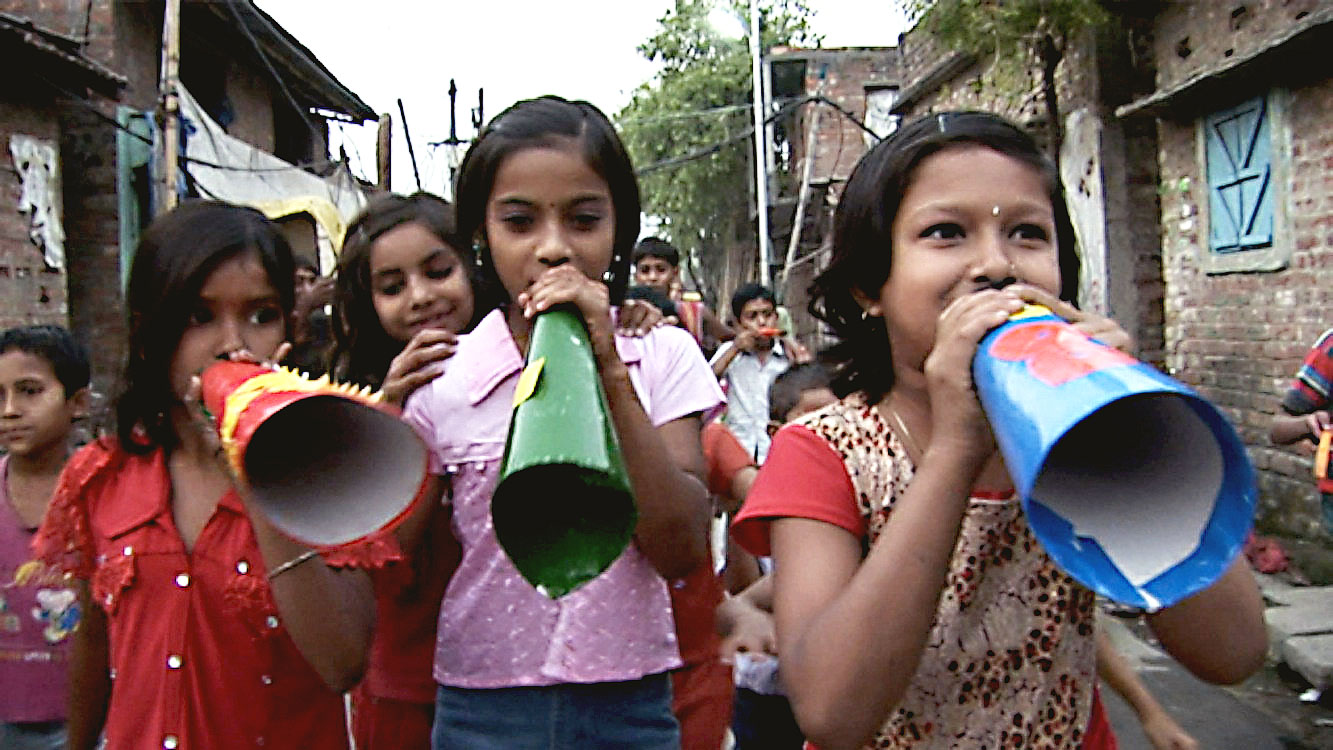Bill Drayton founded Ashoka in 1980 based on the idea that the most powerful force for good in the world is a social entrepreneur: a person driven by an innovative idea that can help correct an entrenched global problem. The world’s leading social entrepreneurs pursue system-changing solutions that permanently alter existing patterns of activity.
Beginning in India in 1981, Ashoka started identifying and supporting the world’s leading social entrepreneurs who have ideas for far-reaching social change. It started by first distilling their unique qualities and pioneering a rigorous global system for vetting and electing them to the Ashoka Fellowship. Four years later, Bill Drayton was awarded a MacArthur Fellowship (“genius” award), and began to work full-time on building the Ashoka organization.

Ashoka officially registered the name Ashoka in 1987, inspired by the Sanskrit word Ashoka that means the "active absence of sorrow," and by the Indian Emperor Ashoka, one of the world's earliest great social entrepreneurs. After unifying India in the 3rd Century B.C., Emperor Ashoka renounced violence and became one of history's most tolerant, global-minded, and creative leaders, pioneering innovations in economic development and social welfare.
Ashoka began expanding rapidly in 1986 with the election of Ashoka Fellows in Brazil and then Mexico, Bangladesh, and Nepal in 1987. It continued to add countries in Asia, Africa, Latin America, and Central and Eastern Europe during the 1990s. By 1988, Ashoka had elected 100 Fellows in four countries, so it began to build and knit the community together through a Fellowship Support Systems that helped Fellows learn what each other were working on, and where they could find each other in case they were encountering a challenge or were simply traveling. The Ashoka Fellowship became a mutual support group that was the world’s first professional association of leading social entrepreneurs.

In 1996, Ashoka partnered with McKinsey & Company to found the Ashoka/McKinsey Center for Social Entrepreneurship in São Paulo, Brazil as a way to help Ashoka learn how to work effectively with the business sector, and to help McKinsey establish a social sector practice. In that same year, having seen the majority of Ashoka Fellows launch their first initiatives in their teens, Ashoka launched Youth Venture to build on the insight that the only way to significantly increase the proportion of adults who see themselves as changemakers, and master the necessary and complex underlying social skills, is to transform the way all young people grow up. Youth Venture began investing in young people so that they embark on becoming changemakers through the transformative experience of launching and leading their own lasting venture.
Ashoka launched a print magazine in India in 1993 called Changemakers to cover the field of social entrepreneurship. It was converted to the Changemakers.com website in 1998, providing an online, global hub that identifies and leverages powerful insights in order to activate networks of social innovators that are capable of igniting sweeping change in their fields.
After selecting more than 1,000 social entrepreneurs by the late 1990s, it was becoming clear that Ashoka had largely achieved one of its primary goals: establishing the field of social entrepreneurship. Other organizations had formed to support the work of promising social entrepreneurs at various stages of their individual and organizational development. Social enterprise programs were now a staple of business and public policy schools in the United States and other countries, and a burgeoning cottage industry of researchers and professional service firms—including lawyers, consultancies, academics, trade associations—had evolved to study and advance the work of social entrepreneurs.
Having passed a tipping point that firmly established social entrepreneurship, Ashoka formally shifted its focus to the "Everyone a Changemaker™" (EACH) vision in 2005: Ashoka believes that because we are living in a truly historic moment where anyone can create positive change; everyone needs to become a changemaker in order to thrive; and everyone should be equipped with the qualities that most define a social entrepreneur. Ashoka has unlocked this strategy by drawing on the inspiration, depth of knowledge and expertise, accumulated experience, and collective insights from the Fellows’ work that enables a broader flowering of effective social change.

Ashoka drew on these insights to develop a strategy that focuses on ensuring that every child masters the skill of empathy, all young people are practicing changemaking skills, and organizations across all sectors adopt a fluid, open team-of-teams working style that supports changemaking. Ashoka launched the AshokaU program in 2008 to catalyze social innovation in higher education through a global network of change teams composed of entrepreneurial students, faculty, and community leaders. It launched the Changemakers Schools program in 2012 to activate a global community of leading elementary, middle, and high schools that prioritize empathy, teamwork, leadership, problem-solving, and changemaking as student outcomes.
In the meantime, Ashoka continues to grow, expanding its global network of leading social entrepreneurs in North America (it launched programs in the United States in 2000 and Canada in 2002), in the Middle East and North Africa beginning in 2000, and in Western Europe in 2005. Today, Ashoka operates in more than 90 countries on every continent, having elected more than 3,500 Ashoka Fellows worldwide.
Looking ahead, Ashoka is identifying emerging opportunities where society is reaching a tipping point that will make it possible to solve critical problems through widespread systemic change. It does this by helping entrepreneurs work with each other, and with partners in business, government, academia, and other influential institutions to draw on and demonstrate the power of collaborative entrepreneurship.